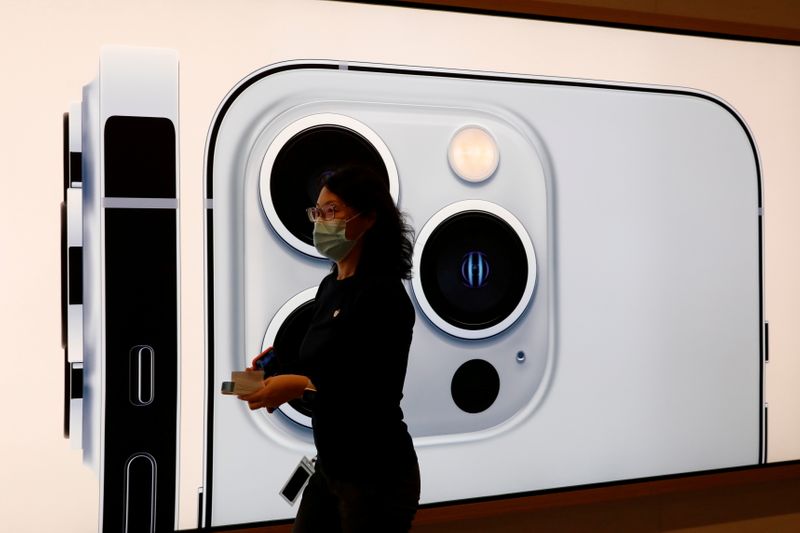This post was originally published on this site

NEW YORK (Reuters) – Apple on Monday won the dismissal of a lawsuit claiming that the blood oxygen sensor on its Apple Watch exhibits “racial bias” against people with darker skin tones.
U.S. District Judge Jed Rakoff in Manhattan dismissed the proposed class action with prejudice, meaning it cannot be brought again. He plans to explain his reasons by Aug. 31.
The plaintiff Alex Morales, a resident of Manhattan’s Upper East Side, said he paid an inflated price for his Apple Watch based on his mistaken belief that its blood oxygen app would measure blood oxygen levels “without regard to skin tone.”
His amended complaint, filed in May, cited decades of reports that similar pulse oximetry devices were “significantly less accurate” when measuring blood oxygen levels of nonwhite people.
Morales said the real-world impact of this bias was not addressed until the COVID-19 pandemic led to “greater awareness of structural racism” in society.
Apple said Morales failed to make any allegations supporting his fraud claim, or show that it exposed him to anything misleading before his purchase.
Morales’ lawyer did not immediately respond to requests for comment.
Doctors have long known that pulse oximeters, which help assess potential heart and respiratory problems, are less accurate in estimating blood oxygen of non-white patients.
The pandemic exposed some of the devices’ shortcomings, with some patients facing treatment delays or being discharged from emergency rooms too soon.
The case is Morales v Apple Inc (NASDAQ:AAPL), U.S. District Court, Southern District of New York, No. 22-10872.

